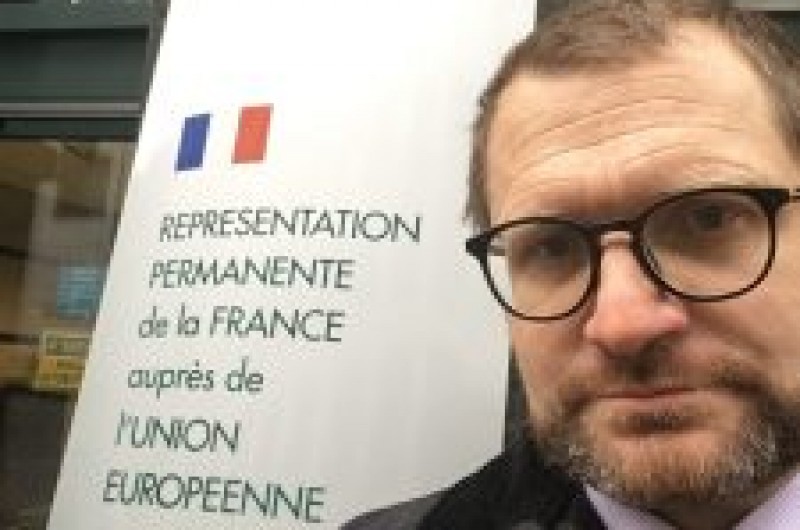NJPs in Dorset which began in 2011 are currently only available for low level crimes and civil disputes where offender guilt has been offered and victims including their representatives consent to the incident being discussed. NJP meetings are not a replacement, but an addition to HM Court & Tribunals Service.
This research has qualitatively evaluated via circa. 30-40 minute interviews why a high satisfaction and positive engagement rate has been reported in Dorset following exit survey results collected from 2013-15.
Aims
- To understand which expectations matter most to the involved parties.
- To understand how and why Restorative Justice (RJ) via NJP is applied by considering the extent of satisfaction with the process.
- To inform NJP best practice by exploring the long term impacts of NJP agreements.
Impact
Mapping RJ initiatives nationally in England can challenging due to their diversity and the difficulties in ensuring all stakeholders respond. An even greater challenge is to gather qualitative perceptions from participants of RJ initiatives which often feature private and emotionally sensitive issues. Research aim 3 is particularly pertinent because little is known in the prevailing literature about the long term impact of restorative justice initiatives in England. By discussing and sharing such data, it is hoped that more research will be encouraged and future NJP practices will be better informed as well other RJ initiatives as they expand across England. The data gathered informs and improves NJP scheme as it expands across Dorset by considering perceptions from NJP participants (offenders, victims and mediators) on:
- Information gathering/explanation.
- Facilitator/mediator qualities.
- Remorse (genuine apologies).
- Guidance and training needs.
Results
Facilitator Improvements:
- Changes/improvements for future best practice? (research prompts: comparison to other forms such as police diversion and court resolution via sentencing and whether more positive or negative, NJP solutions considered at court later on)
- All 8 facilitators wanted to see a more frequent case load.
- For all 8 facilitators, more information beyond summary notes regarding participants’ backgrounds was viewed as helpful.
Offender & Victim Improvements:
- In terms of future best practice, 9 participants positively and 3 participants negatively compared their NJP meeting to other forms of resolution such as Dorset Police Service and HM Courts & Tribunals Service.
- Only 2 participants spontaneously showed some awareness of court enforcement of an NJP resolution via its inclusion within a later court order. All 12 participants after being made fully aware of this, felt the possibility of enforcing NJP resolutions via a court order was important and should be applied where necessary in order to counteract any offender non-compliance.
- For those 3 participants who made negative comparisons, avoiding court and a formal sentence limited offender accountability and the extent to which they could be punished. Furthermore, referrals to NJP meetings based upon the appropriate level of offence seriousness could benefit from further consideration of positive and negative offence elements.
Conclusions
- First, expanding a qualitative interview analysis to more NJP participants across England can help us to better understand the processes involved and the full long term impacts. This knowledge can in turn benefit the future provision of NJP services and help to inform training programmes for facilitators.
- Second, as a potentially expanding form of local community engagement and resolution, NJPs in Dorset appear to already provide positive impact via high satisfaction rates. In the attempt to find out how and why this is so, it is important that future NJP developments are informed by and integrated with any changes to the Civil and Criminal Justice Systems. These changes are likely to be predicated on efficiency savings to key players, most notably the police, probation and the courts, who will remain significantly resource limited up to and likely beyond 2020.


